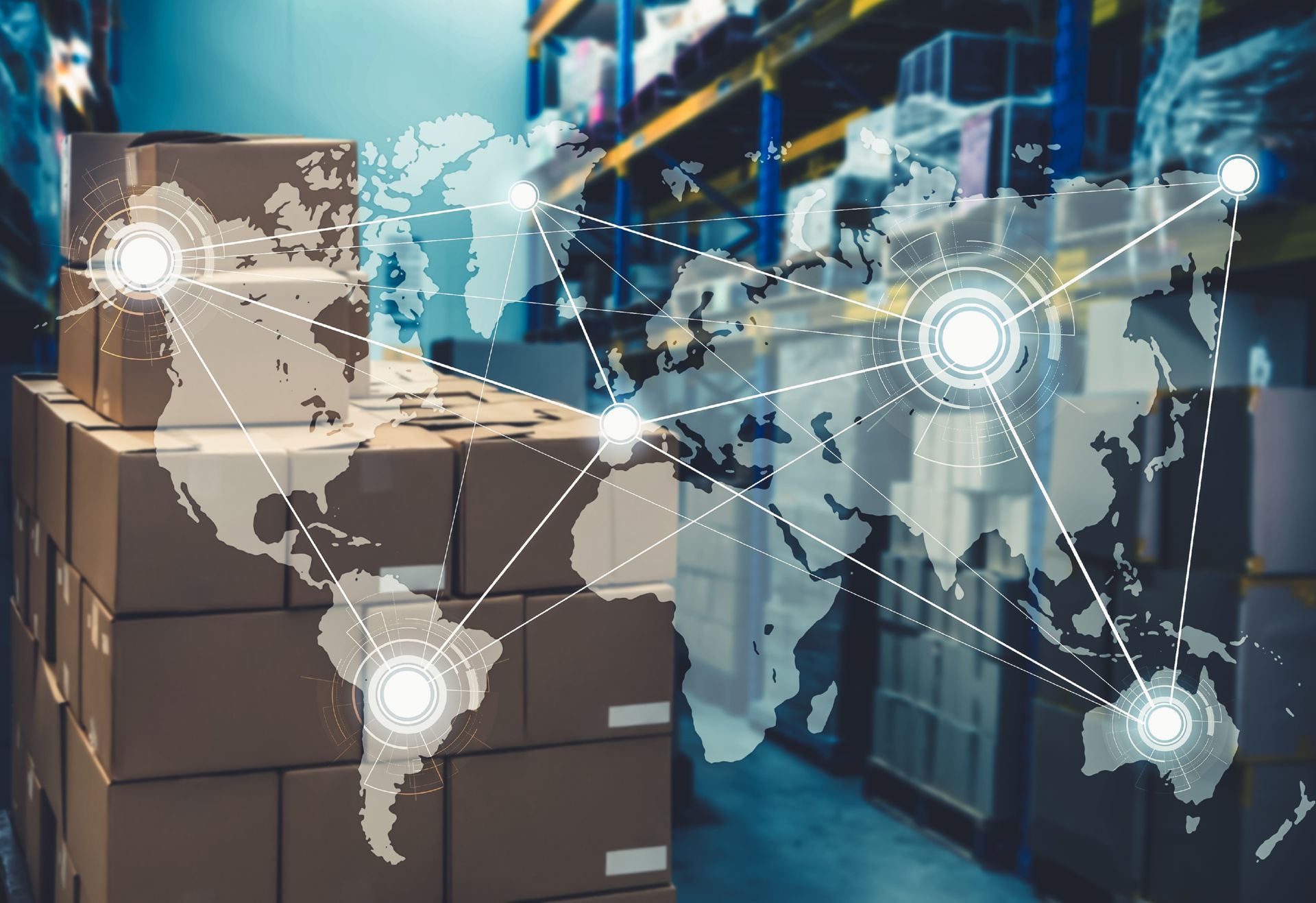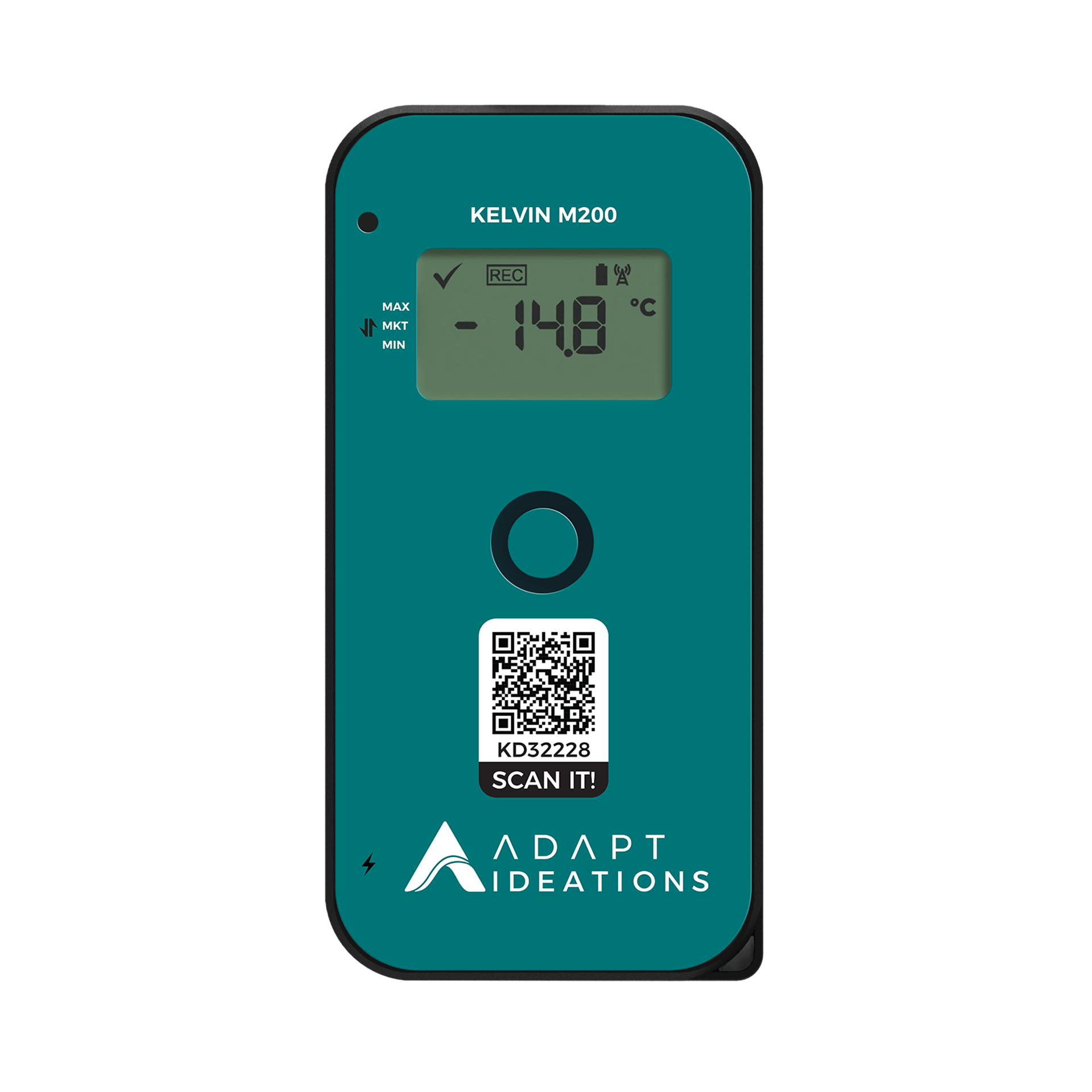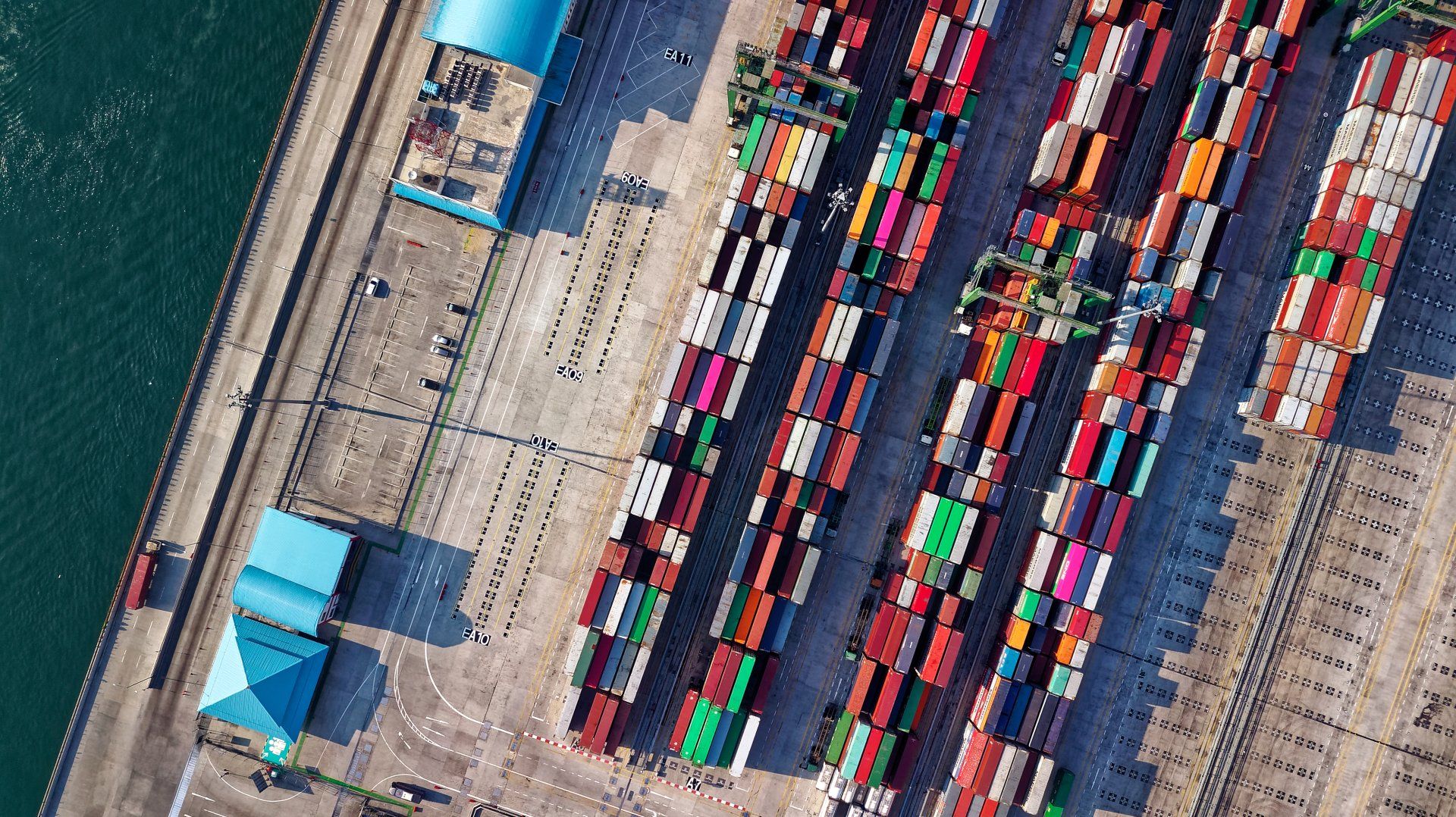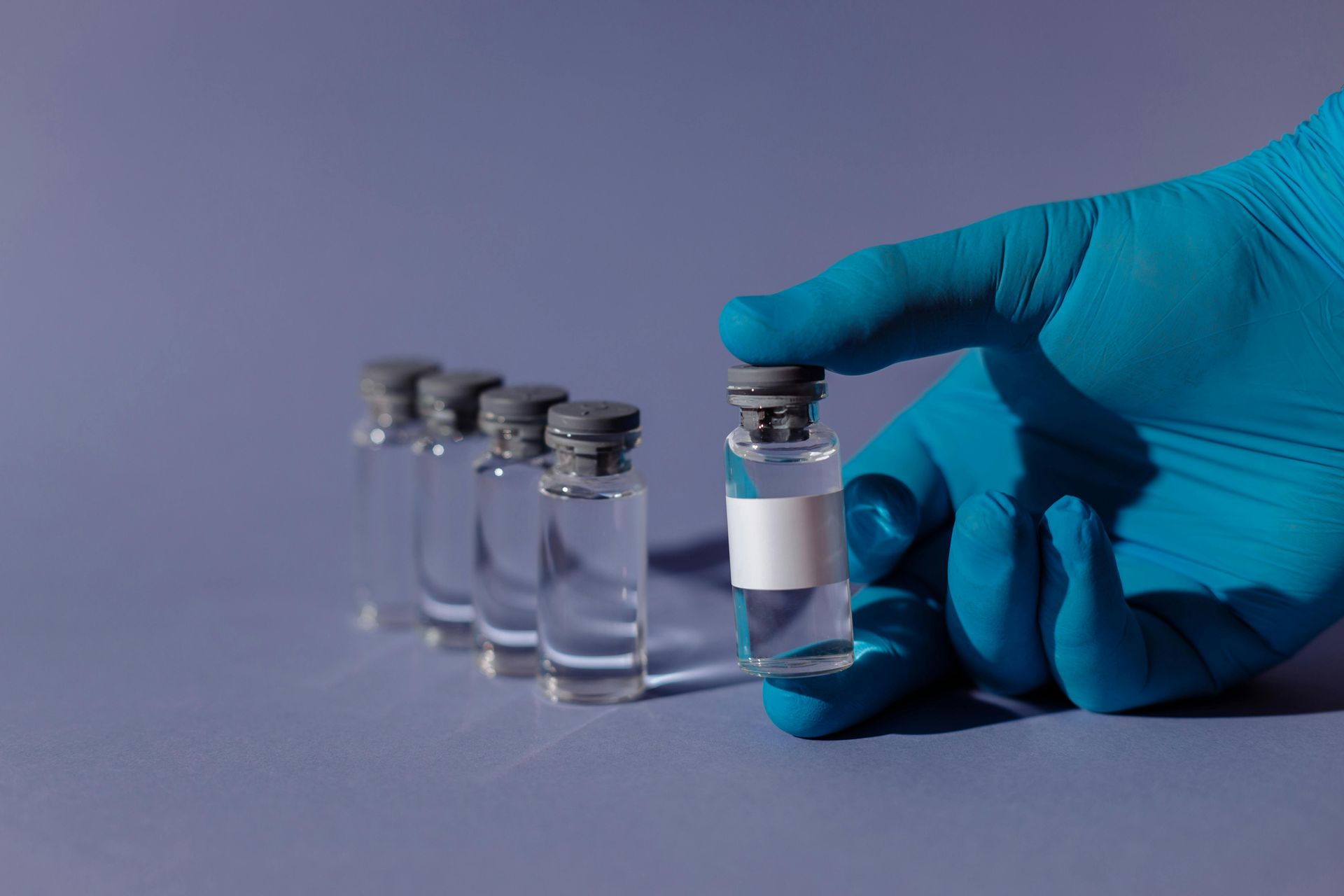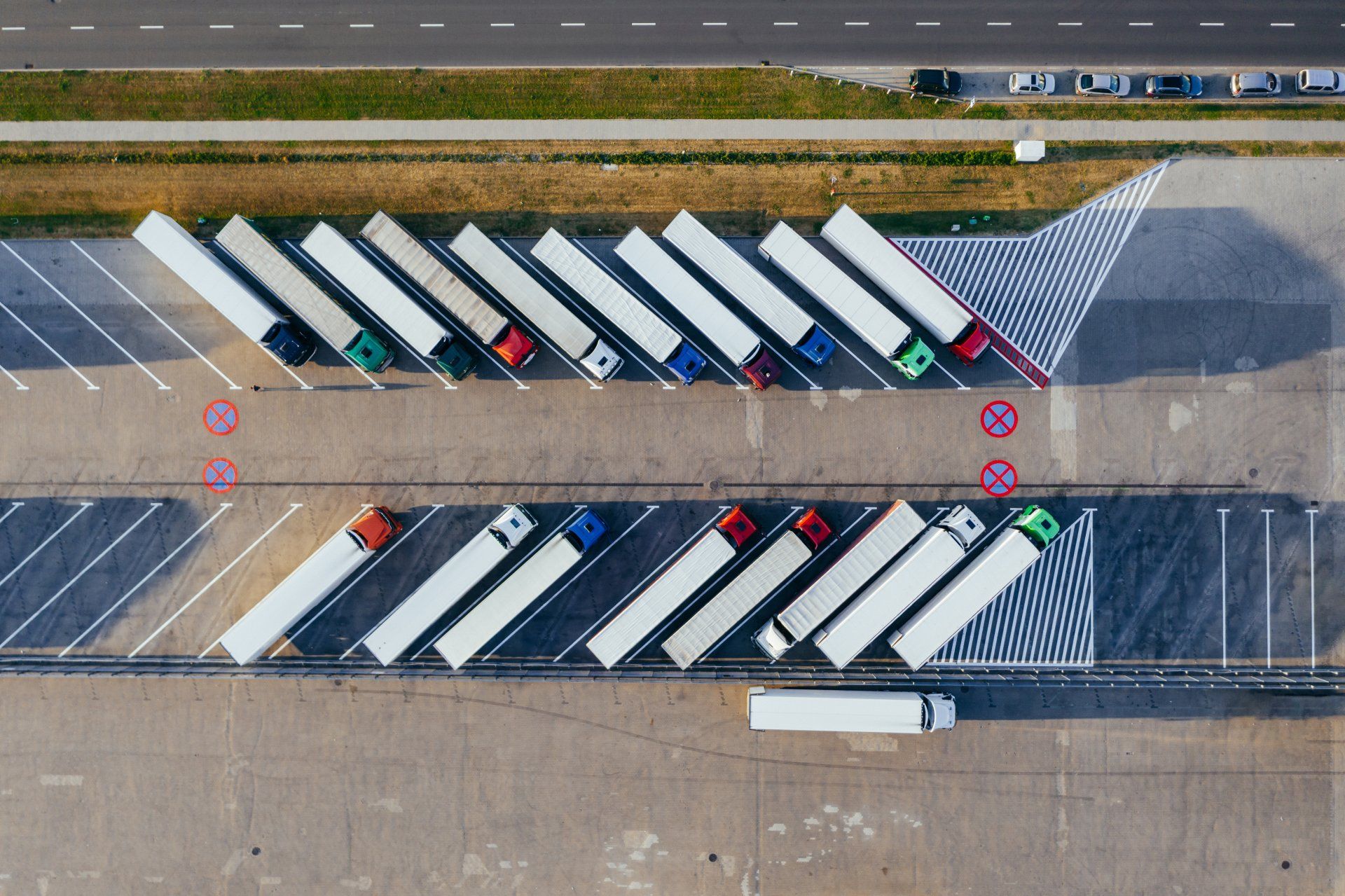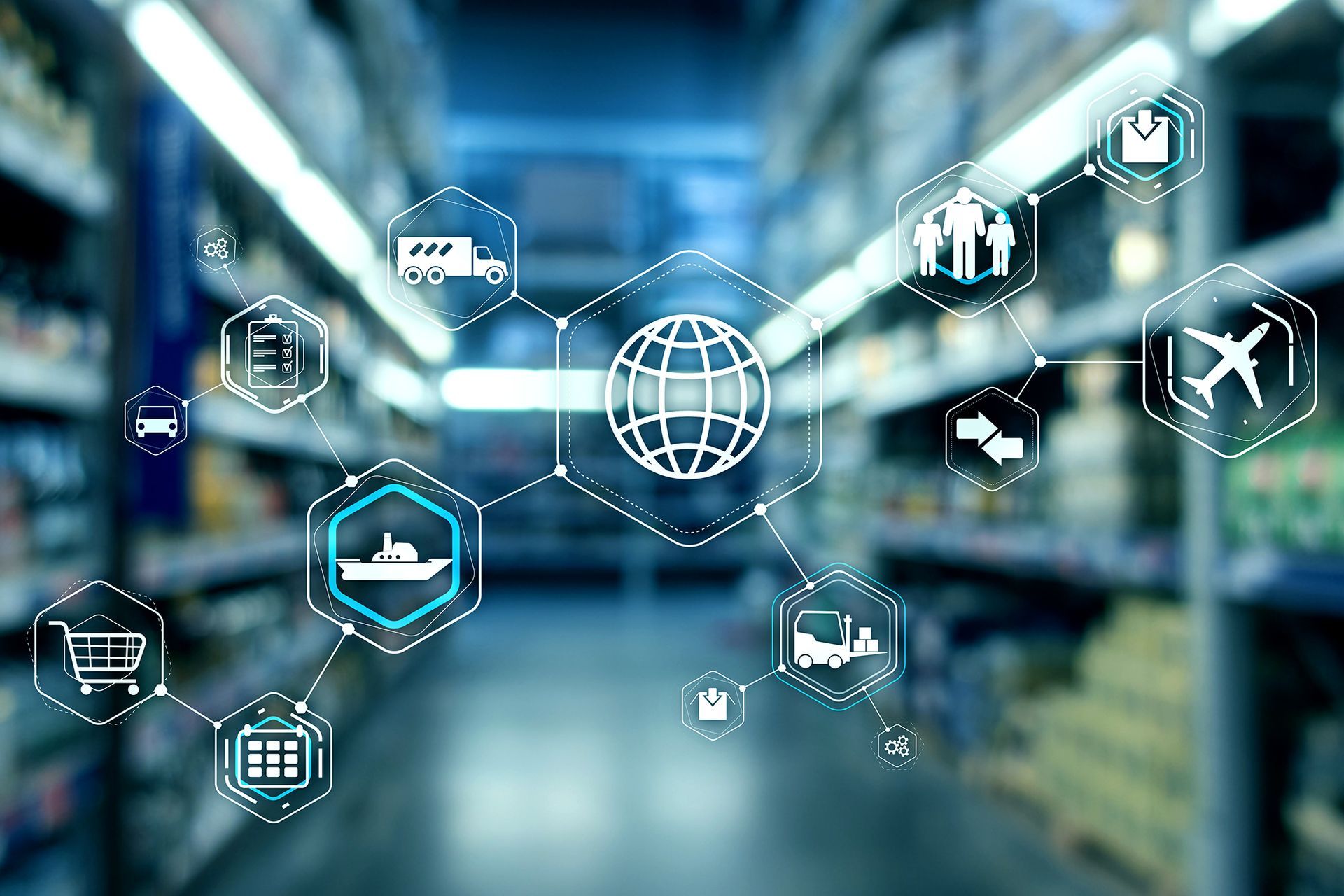Ensuring Vaccine Integrity with Active Track & Trace Solutions
The global landscape of healthcare is evolving rapidly, with vaccines playing a pivotal role in preventing and mitigating diseases. The World Health Organization (WHO) underscores the critical need for vaccines to be stored and transported at specific temperatures to ensure their efficacy and safety. The COVID-19 pandemic has underscored the fragility of global vaccine distribution, emphasizing the importance of maintaining the cold chain during transportation and storage.
Importance of Cold Chain in Vaccine Distribution
The efficacy of vaccines is intricately linked to the maintenance of the cold chain. The global cold chain packaging market is projected to grow at a substantial CAGR of 14.8% from 2023 to 2033, driven by the escalating demand for temperature-controlled packaging solutions, especially in the pharmaceutical industry. This growth is indicative of the increasing recognition of the significance of the cold chain in preserving the efficacy of vaccines.
The Role of Active Track & Trace Solutions
Amid the challenges posed by maintaining the cold chain, the emergence of the active track and trace solutions has become a game-changer in ensuring the integrity of vaccines.
1. Real-Time Monitoring for Vaccine Integrity
Active track and trace solutions provide real-time monitoring, offering a dynamic and immediate response to deviations from the recommended conditions. This capability is instrumental in preventing temperature excursions that could compromise the quality of vaccines during transportation and storage.
2. Automated Alerts for Swift Intervention
One of the key benefits of active track and trace solutions is their ability to generate automated alerts. In the event of any deviations from the optimal temperature and other vital conditions, stakeholders receive instant notifications. This swift intervention minimizes the risk of vaccine wastage and ensures that corrective measures are taken promptly.
3. Data Analytics Enhancing Decision-Making
Beyond real-time monitoring and alerts, active track and trace solutions contribute to data analytics. The integration of analytics provides valuable insights into the performance of the cold chain. Decision makers can leverage this data to optimize supply chain processes, further enhancing the efficiency of vaccine distribution systems.
Challenges in Vaccine Tracking
The pharmaceutical industry faces unique challenges in tracking and distributing vaccines, especially in the wake of global health crises like the COVID-19 pandemic.
1. Increased Demand and Market Growth
The global vaccine market is expected to grow at a CAGR of 5.74% from 2024 to 2030, fueled by the escalating demand for vaccines worldwide. The Asia-Pacific region, with its rapidly growing market, is at the forefront of this expansion. The surge in demand poses challenges in efficiently meeting the needs of diverse populations.
2. Vaccine Distribution Challenges
The COVID-19 pandemic had triggered a surge in demand for vaccines globally, highlighting the need for efficient and effective distribution systems. Advanced technologies, including active track and trace solutions, play a pivotal role in overcoming the challenges posed by increased demand and ensuring a seamless distribution process.
The Intersection of Technology and Vaccine Distribution
To overcome the challenges of vaccine tracking and distribution, the pharmaceutical industry is increasingly turning to advanced technologies.
1. Blockchain and AI for Enhanced Efficiency and Security
The utilization of technologies such as blockchain and artificial intelligence (AI) holds great promise in improving the efficiency and security of vaccine distribution systems. Blockchain, with its tamper-proof ledger, enhances supply chain security. AI, on the other hand, analyzes vast datasets, providing insights that can be utilized to optimize supply chain operations.
2. Global Cold Chain Logistics Market Growth
The global cold chain logistics market is projected to grow at a significant CAGR of 15.1% from 2021 to 2028, emphasizing the increasing demand for temperature-controlled logistics solutions. This growth further underscores the need for advanced technologies to ensure the integrity of temperature-sensitive products, with active track and trace solutions at the forefront.
Maersk's Perspective on Cold Chain Logistics
Maersk's whitepaper on the state of cold chain logistics provides insights into the pressing need for advanced technology adoption in the global supply chain.
1. Technology Enhancement Goals
With 75% of the global supply chain seeking more technological enhancements by 2026, the demand for IoT solutions, including active track and trace solutions, is becoming more critical. Maersk emphasizes the need for a technological revolution to address the challenges posed by the increasing complexity of the global supply chain.
2. Roadblocks: Personnel and Change Management
While the benefits of IoT technology are evident, roadblocks such as personnel and change management hinder the full-scale adoption of these technologies. Overcoming these challenges requires a strategic approach to training and organizational change, ensuring seamless integration into existing supply chain processes.
Digital Transformation in Pharma Supply Chain
The pharmaceutical industry is undergoing a significant transformation, driven by the need for a more resilient and agile supply chain.
1. Supply Chain Challenges and Opportunities
The pharmaceutical industry faces numerous challenges in optimizing its supply chain processes. These challenges include counterfeit drugs, lack of visibility, product recalls, supply chain disruptions, complex inventory management, data security, and stakeholder collaboration. However, amidst these challenges lie numerous opportunities for improvement through digital transformation.
2. Opportunities Unveiled by Digital Transformation
Digital transformation offers the pharmaceutical sector multiple opportunities to enhance its supply chain. Technologies such as IoT, blockchain, and AI can revolutionize the industry.
a. Enhanced Visibility Through IoT
Digital technologies such as IoT provide real-time visibility into the entire supply chain, enabling greater transparency and accountability. This is particularly crucial in ensuring the integrity of temperature-sensitive products like vaccines.
b. Reduced Lead Times and Improved Quality Control
By automating and streamlining repetitive processes, digital technologies can significantly reduce lead times, resulting in faster product delivery and increased customer satisfaction. AI and machine learning can enhance quality control by analyzing large datasets, identifying patterns, and enabling proactive quality management.
c. Cost Savings and Sustainability
Digital transformation can result in significant cost savings for pharmaceutical companies by reducing waste, improving inventory management, and optimizing processes. This is crucial for ensuring the profitability and sustainability of the industry.
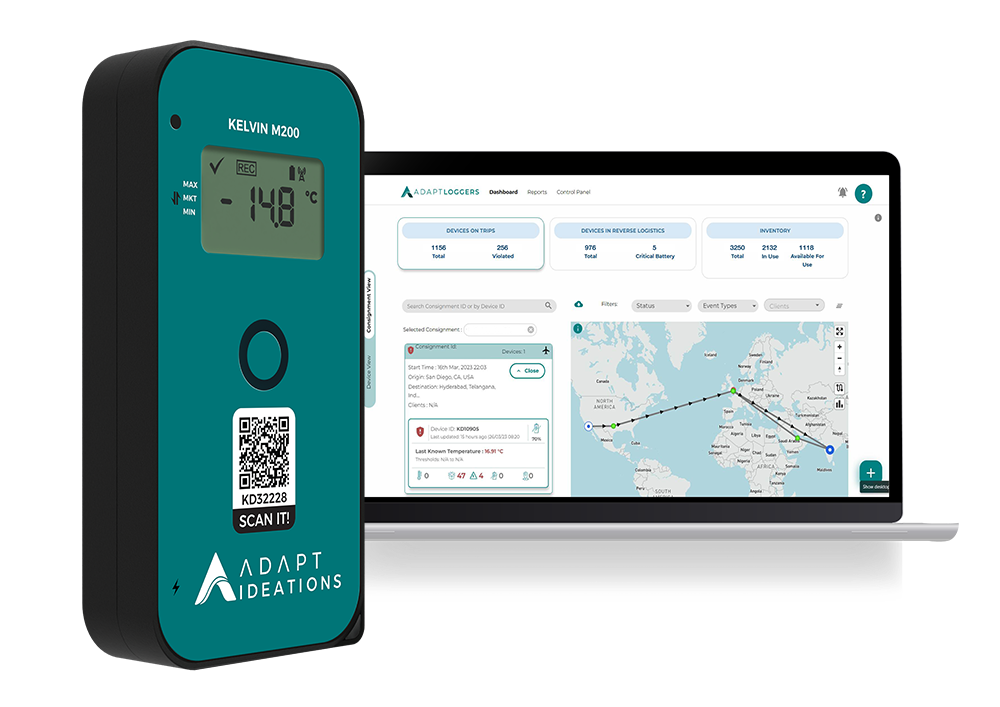
Successful Digital Transformation Use Cases
Digital transformation has already demonstrated its potential to streamline and optimize the pharmaceutical supply chain.
1. Track & Trace with Blockchain and IoT
Blockchain and IoT are utilized for the end-to-end traceability of drugs. Leading pharmaceutical companies are implementing blockchain-based track-and-trace systems, preventing counterfeit drugs from entering the market and ensuring the safety and authenticity of medications.
2. Real-Time Monitoring of Global Supply Chains
Real-time monitoring using IoT temperature monitoring sensors and RFID tags enables tracking the temperature, humidity, and other environmental conditions of drugs during transportation. This has been exemplified by a top APAC-based pharma company, which implemented a data-driven cloud platform for real-time monitoring, reducing the risk of supply chain disruptions and improving product quality.
3. Automation of Repetitive Tasks
The pharmaceutical supply chain procedures are streamlined through the automation of monotonous processes. Robotics and automation technologies, exemplified by a leading pharma company's robotic vision system, reduced errors, boosts productivity, and improved data-gathering procedures.
4. Real-Time Asset Tracking
Real-time asset tracking devices, such as KELVIN M200, have been utilized by a Fortune 500 company in the life sciences industry to monitor high-value shipments. These devices provide end-to-end visibility of temperature-sensitive products, enabling the company to improve operational processes and protect its shipments.
Future of Pharma Supply Chain in the Digital Age
The pharmaceutical sector, traditionally reliant on complex and lengthy supply chains, is on the cusp of a digital transformation.
1. Digital Transformation Trends
Emerging trends in the digital transformation of the pharma supply chain include the rising use of data analytics, IoT tools for temperature and humidity monitoring, and artificial intelligence for supply chain forecasting and demand planning.
2. Strategic Implications for Pharmaceutical Companies
Pharmaceutical companies must strategically approach digital transformation, investing in modern digital technologies, evaluating supply chain models, and fostering an innovative and flexible culture. Embracing digital transformation can provide agility, transparency, and resilience in supply chain operations.
In conclusion, ensuring vaccine integrity through active track and trace solutions is crucial for maintaining the cold chain and meeting the growing demand for vaccines worldwide. The convergence of advanced technologies, including IoT, blockchain, and AI, presents opportunities to revolutionize the pharmaceutical industry's supply chain. The integration of these technologies, coupled with strategic partnerships and proactive change management, holds the key to building a resilient, efficient, and innovative vaccine distribution ecosystem in the digital age.
Forge a resilient future for global health, embrace the technological frontier with active track and trace solutions, AI, blockchain, automation, and more. Elevate your commitment to vaccine integrity and stay ahead in securing the well-being of communities worldwide.
Share Our Post.
Awards & Recognition
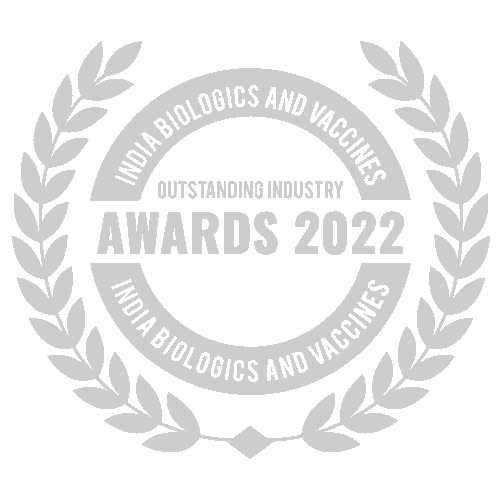
Best Temperature Monitoring Solution Provider
Awarded by India Biologics & Vaccines Outstanding Industry Awards 2022
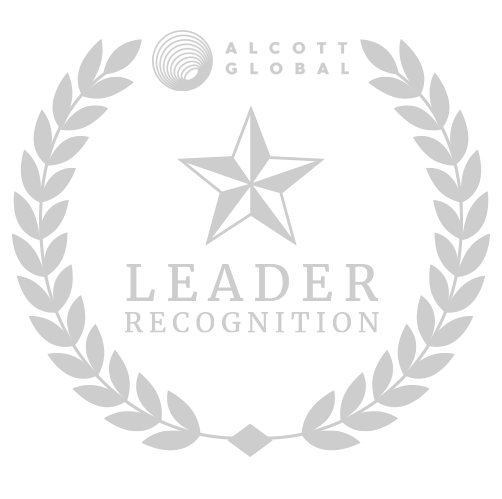
Adapt Ideations Recognised As A Supply Chain Leader
by Alcott Global on Supplify's Supply Chain Tech Map 2.0
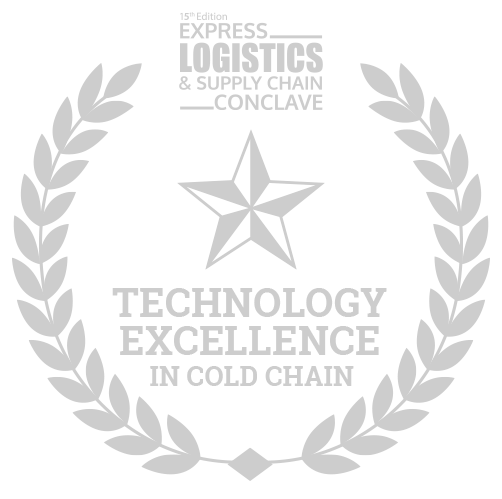
Related Articles.
